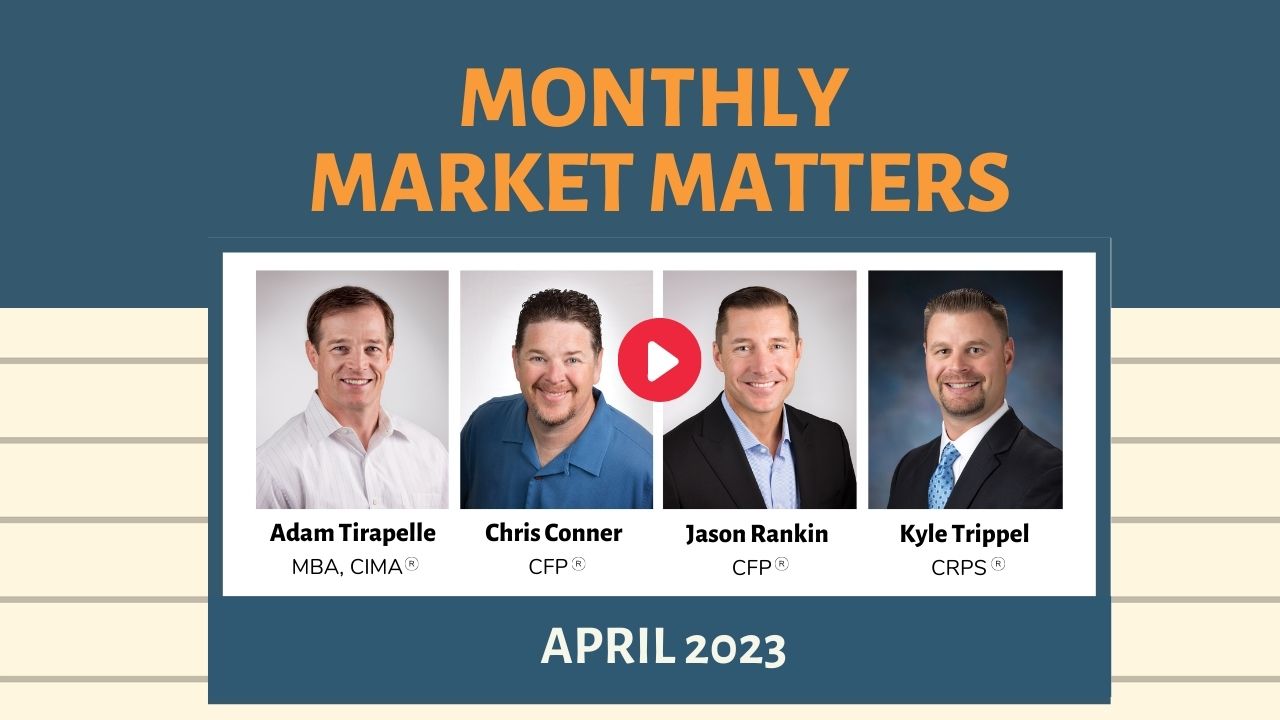You are now leaving the Strong Valley Wealth & Pension, LLC ("Strong Valley") website. By clicking on the "Schwab Alliance Access" link below you will be entering the Charles Schwab & Co., Inc. (“Schwab”) Website. Schwab is a registered broker-dealer, and is not affiliated with Strong Valley or any advisor(s) whose name(s) appears on this Website. Strong Valley is/are independently owned and operated. Schwab neither endorses nor recommends Strong Valley. Regardless of any referral or recommendation, Schwab does not endorse or recommend the investment strategy of any advisor. Schwab has agreements with Strong Valley under which Schwab provides Strong Valley with services related to your account. Schwab does not review the Strong Valley website(s), and makes no representation regarding the content of the Website(s). The information contained in the Strong Valley website should not be considered to be either a recommendation by Schwab or a solicitation of any offer to purchase or sell any securities.

It’s not just about how much money you make, but how much you keep. Understanding the nuances of capital gain taxes and making informed decisions can help you optimize your financial outcomes. This article explains short-term vs long-term capital gains and offers some strategies to minimize taxes.aaa

Capital gains taxes might sound like a complex financial term reserved for Wall Street tycoons, but in reality, they touch most investors and many homeowners. Whether you're selling stocks, a piece of real estate, or that vintage baseball card collection, understanding capital gains taxes can help you make smarter decisions and keep more money in your pocket.
At its core, a capital gain is the profit made from the sale of an investment or real estate. If you buy an asset for $1,000 and later sell it for $1,500, you have a capital gain of $500.
These gains are categorized in two ways:
Why does this distinction between short-term and long-term matter? Because the tax implications can be substantial. For many taxpayers, long-term capital gains are taxed at a more favorable rate than short-term gains. Thus, holding onto an asset for just a bit longer (say, 13 months instead of 11) could lead to a significantly lower tax bill.
A bit of advice from a financial advisor highlights a vital perspective: Always look at the net profit (after taxes) when considering a sale. This underscores the importance of tax planning as an integral part of investment strategy.
There are specific cases where the capital gains tax has exemptions or special rules. A notable example is the sale of your primary residence. If you meet certain requirements, you can exclude up to $250,000 ($500,000 for married couples filing jointly) of gains from taxes. However, this doesn't apply to rental or second properties.
Wait it Out: As mentioned, holding onto investments for more than a year moves them into the long-term category, often resulting in lower taxes.
Tax-Loss Harvesting: This involves selling securities at a loss to offset capital gains in other areas. It can be a strategic move, especially in a down market.
Gift Assets: Instead of selling assets, consider gifting them. While there are limits, this can be a way to transfer value without triggering capital gains taxes.
Maximize Tax-Advantaged Accounts: Utilize accounts like 401(k)s or IRAs, where investments grow tax-free or tax-deferred.
Stay Updated: Tax laws can change. Ensure you're up-to-date with the latest rules and rates.
While taxes are inevitable, the weight of their impact is, to an extent, under your control. By understanding the nuances of capital gains taxes and making informed decisions, you can optimize your financial outcomes.
Remember, it's not just about what you make, but also what you keep. A proactive approach today can lead to fruitful savings tomorrow.



